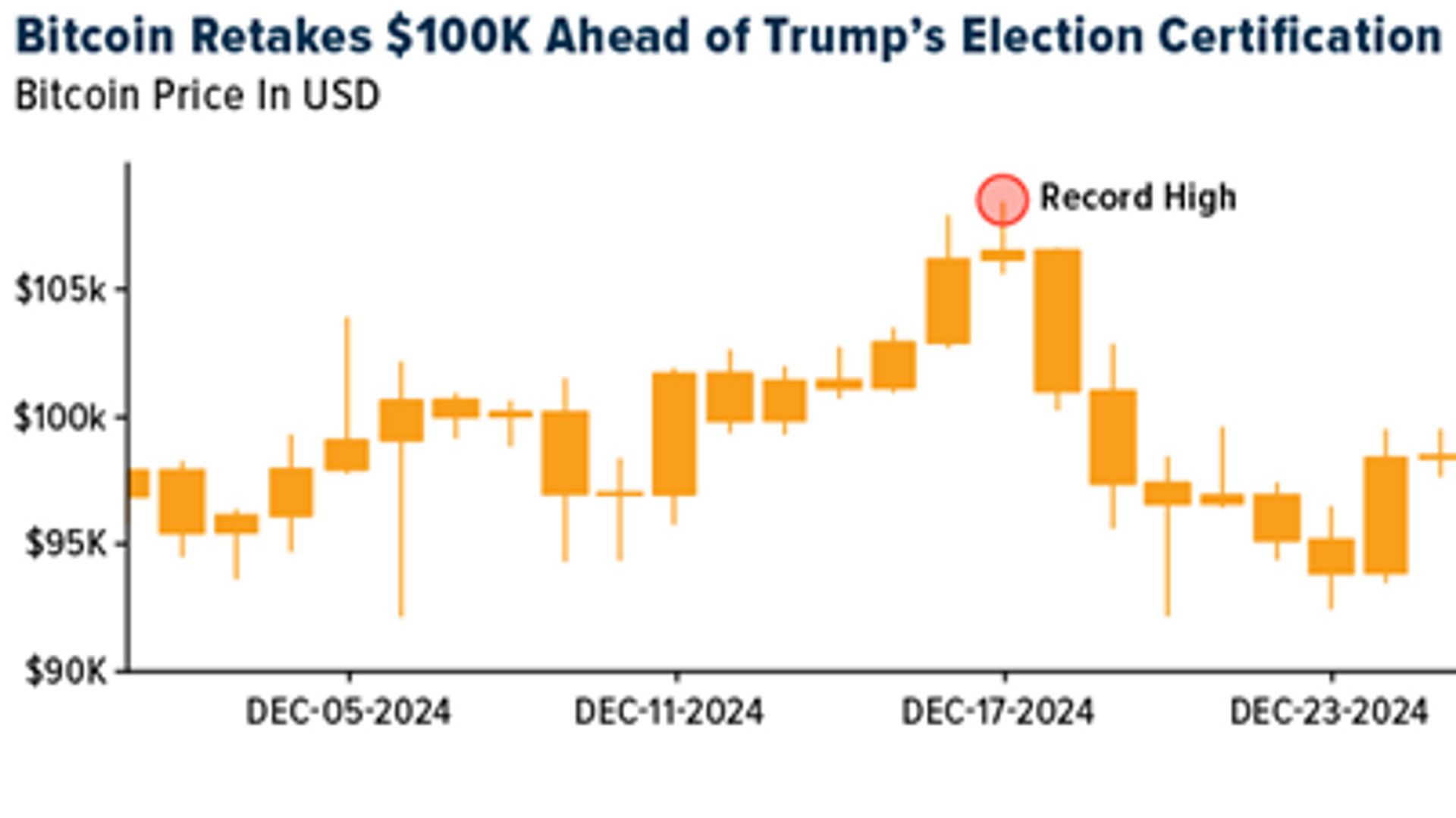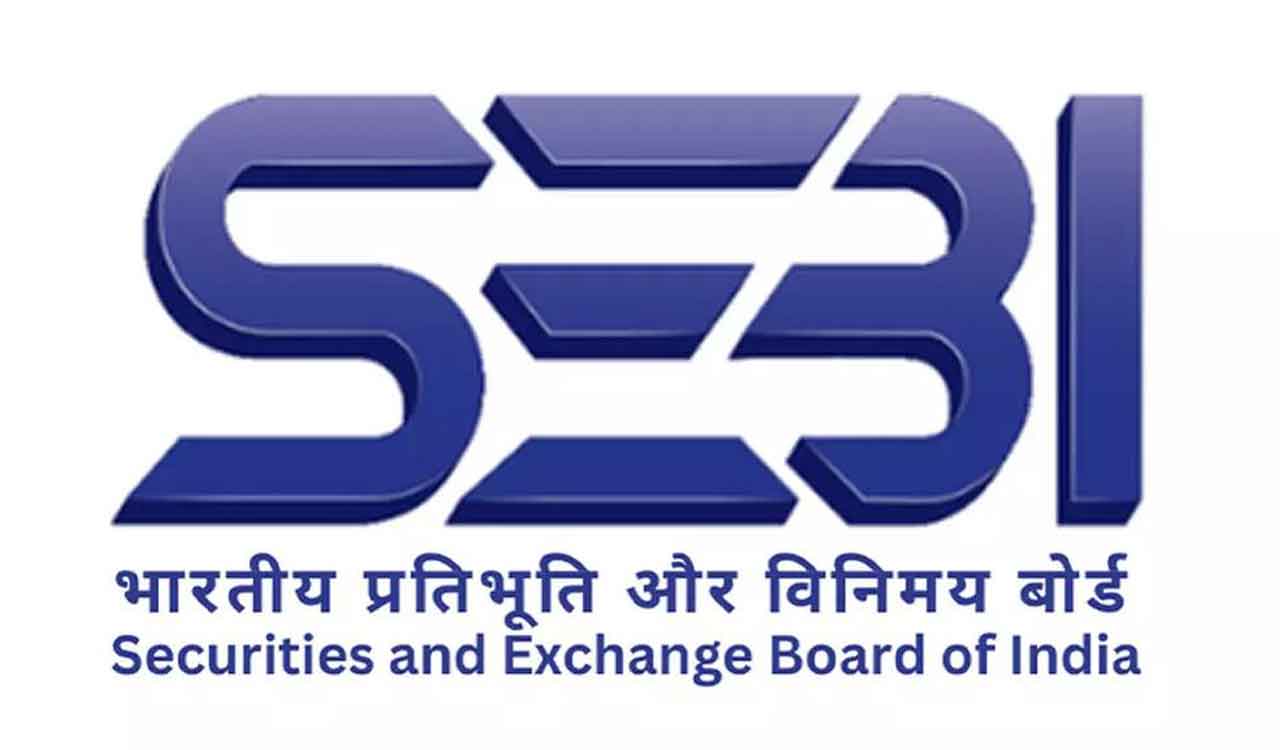Securities and Exchange Board of India (SEBI) on Tuesday tightened rules on issuance of offshore derivative instruments by foreign portfolio investors. This follows a consultation paper in August proposing these changes.
FPIs will not be able to issue ODIs with derivatives as underlying. The investors cannot hedge their ODIs with derivative positions on stock exchanges in India. Accordingly, ODIs will only have securities other than derivatives as underlying and will be fully hedged with the same securities on a one-to-one basis, throughout the tenure of the ODI.
Separate registration
FPIs will issue ODIs through a separate dedicated FPI registration with no proprietary investments.
The move aims to boost transparency, reduce systemic risks, and align foreign investments with India’s market conditions while tackling regulatory loopholes, said experts.
The use of derivatives for issuance of ODIs has been a concern for SEBI and an exception was given in 2017, only in respect of derivative positions taken for hedging the equity shares held by the FPI, on a one to one basis. Further, in view of difficulty faced by market participants in monitoring this requirement, an alternative approach, requiring separate FPI registration for hedging the ODIs, was given.
Additional disclosures
ODI subscribers having more than 50 per cent of their equity ODI positions referenced to securities of a single Indian corporate group and subscribers having equity positions worth more than ₹25,000 crore in the Indian markets will be subject to additional disclosures. This will include granular details of all entities holding any ownership, economic interest, or exercising control in the ODI subscriber, on a full look through basis, up to the level of all natural persons, without any threshold.
However, ODI subscribers that are government and government related investors, public retail funds, pooled investment vehicles, exchange traded funds, among others will not be required to make these disclosures. Disclosures will not be required in case ODI subscribers realign their positions with the prescribed thresholds within 10 or 90 days as the case may be.
Nikunj Saraf, VP, Choice Wealth, said: “FPIs must now navigate stricter rules, including separate ODI registrations and detailed disclosures. These steps enhance market integrity but limit flexibility and add compliance costs, potentially deterring short-term players. While restrictions on derivatives might tighten liquidity, they’re expected to attract long-term institutional investors who value transparency and market stability. By reducing speculative positions, SEBI’s reforms could lead to a more resilient equity market.”










Leave a Reply